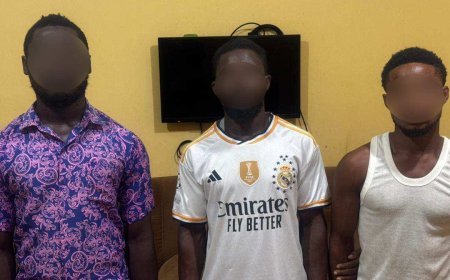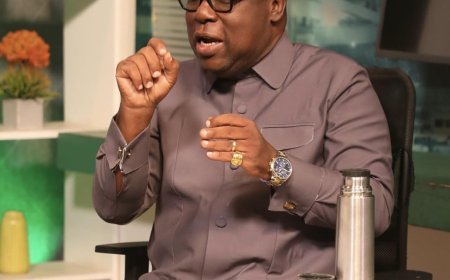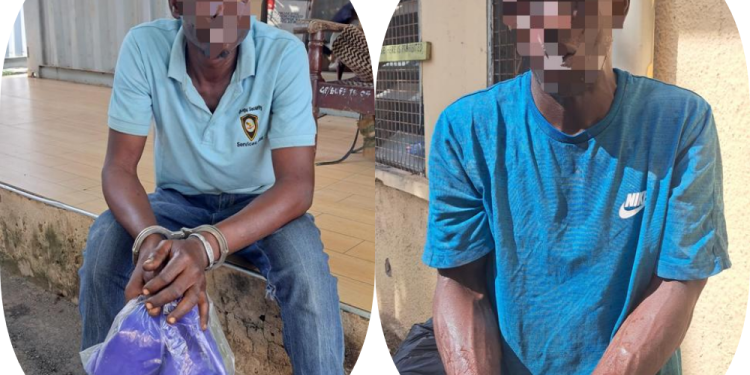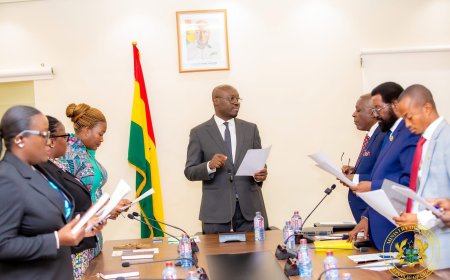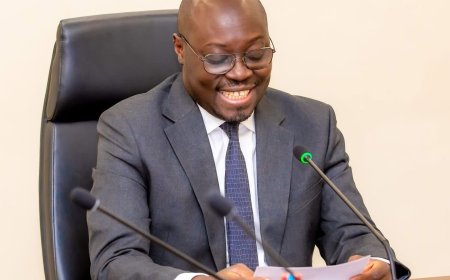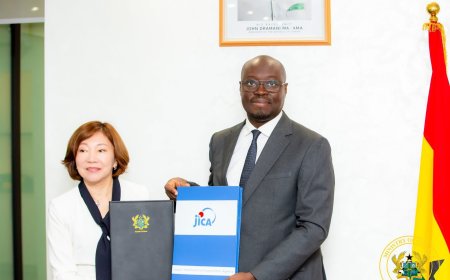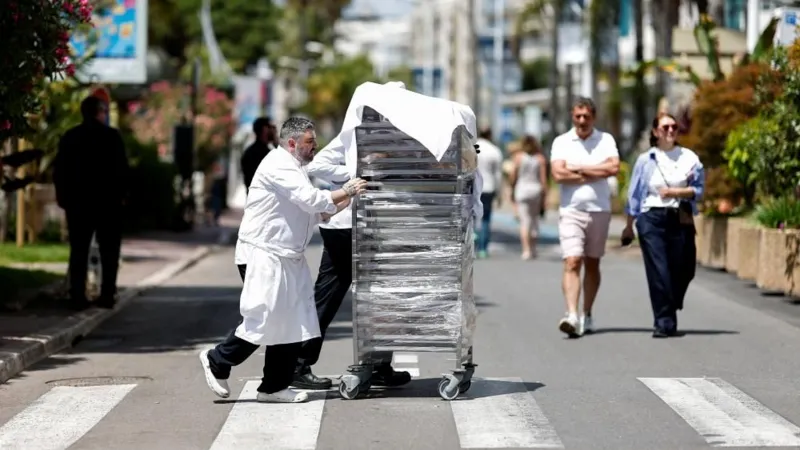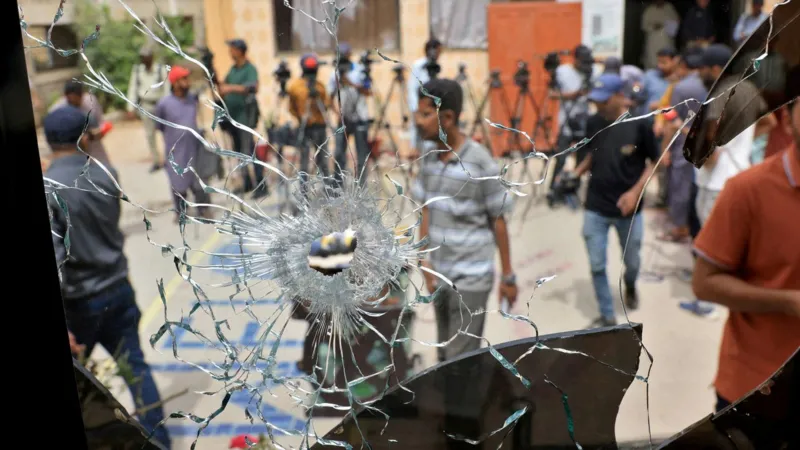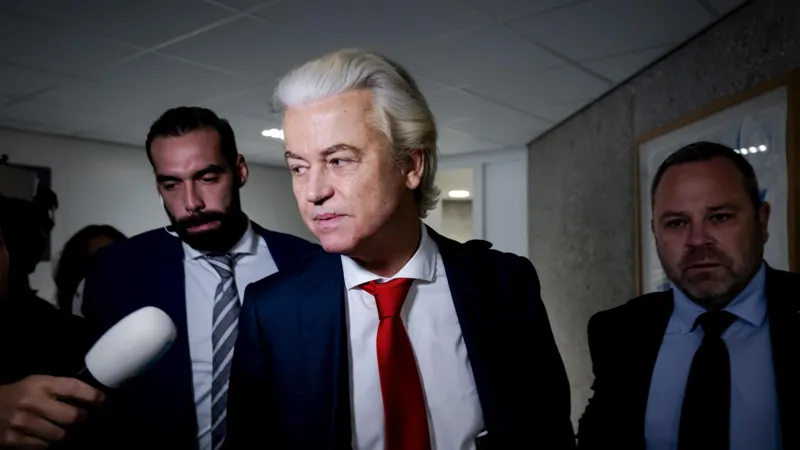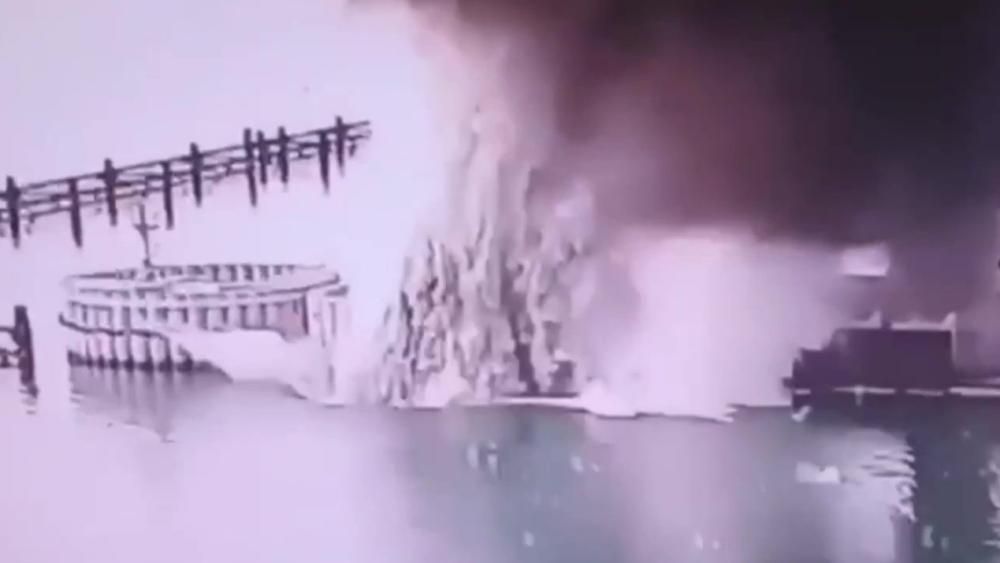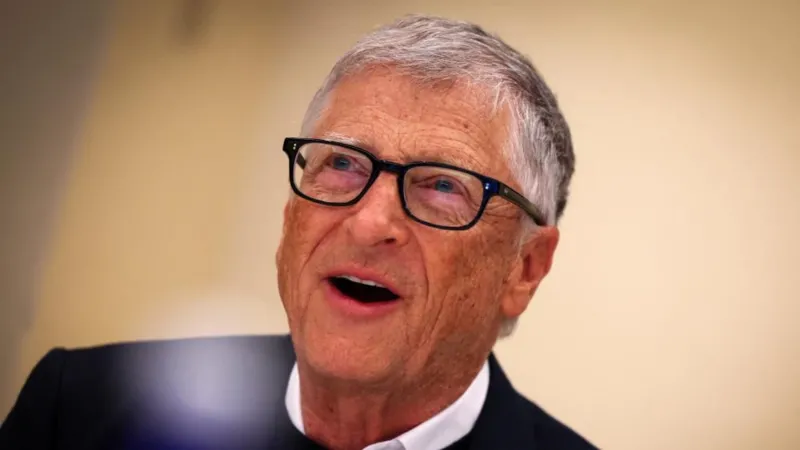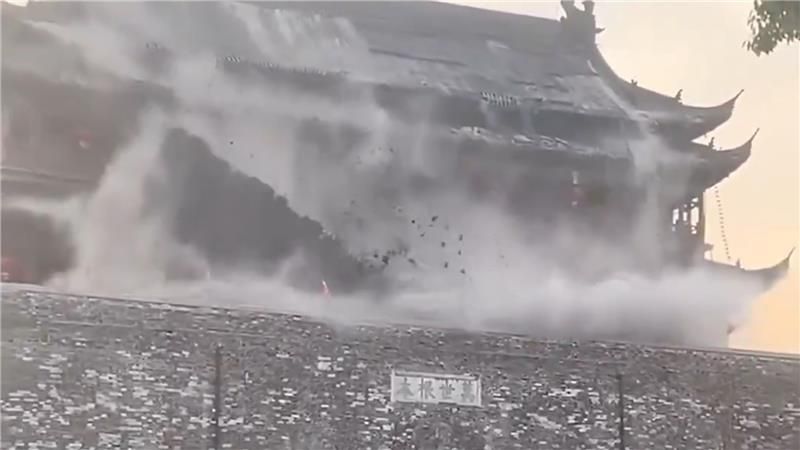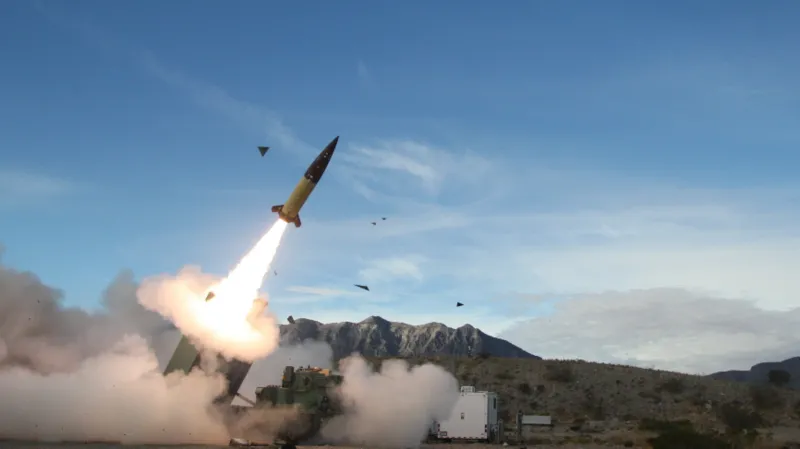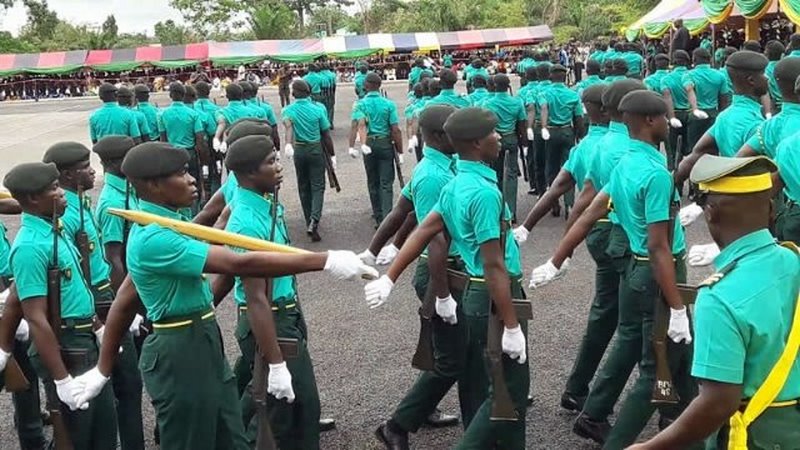Robert Prevost elected first American pontiff, becoming Pope Leo XIV
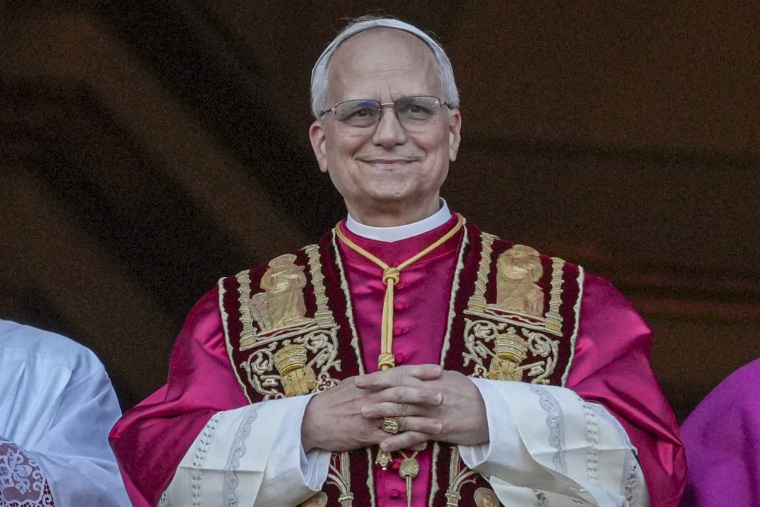
Robert Prevost has become the first American to lead the Roman Catholic church, ending the Vatican’s longstanding opposition to the idea of a pontiff from the United States.
The 69-year-old from Chicago has taken the papal name Pope Leo XIV, a senior cardinal announced from the central balcony of St Peter’s Basilica on Thursday evening.
The announcement, which followed white smoke billowing from the chimney above the Sistine Chapel, prompted raucous celebration and delight among the 50,000 pilgrims and tourists in St Peter’s Square.
The smoke signalled to the world that a pope had been elected by at least two-thirds of the 133 cardinals inside the chapel where the conclave had been taking place.
In a further confirmation that the conclave was over, the bells of St Peter’s Basilica then rang out.
Prevost was chosen on the second day of voting, after the fourth ballot.
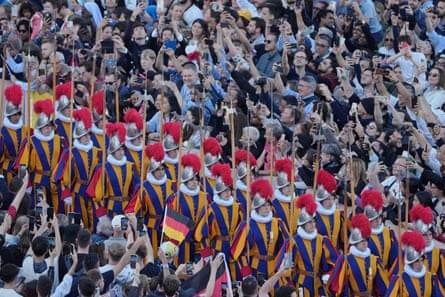
The process was completed quickly, especially given the large number of cardinals taking part in the conclave. The vast majority were picked by Pope Francis, who died aged 88 last month and who cast his net wide around the world to broaden the church.
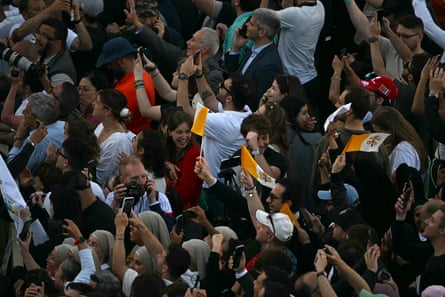
Prevost had been among the frontrunners before the conclave. Others tipped for the papacy included Pietro Parolin, the Vatican’s secretary of state; Luis Antonio Tagle, a reformer from the Philippines; Péter Erdő, a traditionalist from Hungary; and Robert Sarah, a cardinal from Guinea who criticised Francis’s papacy.
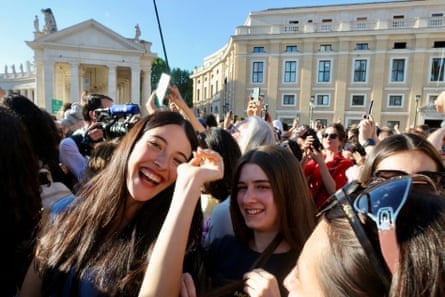
During one of the twice-daily pre-conclave meetings, the cardinals agreed that a new pope needed to be capable of “being a bridge and a guide for a disorientated humanity marked by the crisis of the world order”.
Various issues related to the church were discussed during the meetings, including evangelisation, the Vatican’s finances, clerical sexual abuse, global conflicts and service to poor people and migrants.
A priority for the new pope will be to strengthen the church’s unity amid differing views and expectations within the institution and growing polarisation in the wider world. Some observers believe there is a real risk of schism after 20 years in which there have been popes on either end of the spectrum: the traditional-conservative Benedict XVI, and the liberal-progressive Francis.
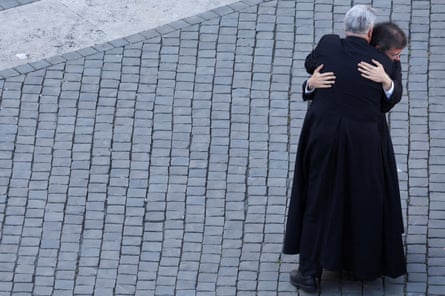
The pontiff plays an important role on the international stage, aiming to ensure that religion does not become a faultline. He will take on the role amid ongoing conflicts in Ukraine, the Middle East and Sudan plus the politically divisive issues of migration, the climate crisis, religious freedom and human rights.
The legacy of sexual abuse cast a long shadow over Francis’s papacy. He was slow to grasp the scale and systemic nature of the problem, and the new pope’s approach will inevitably also come under intense scrutiny.
Source: The Guardian





